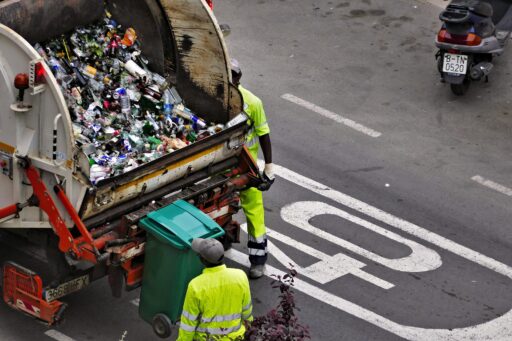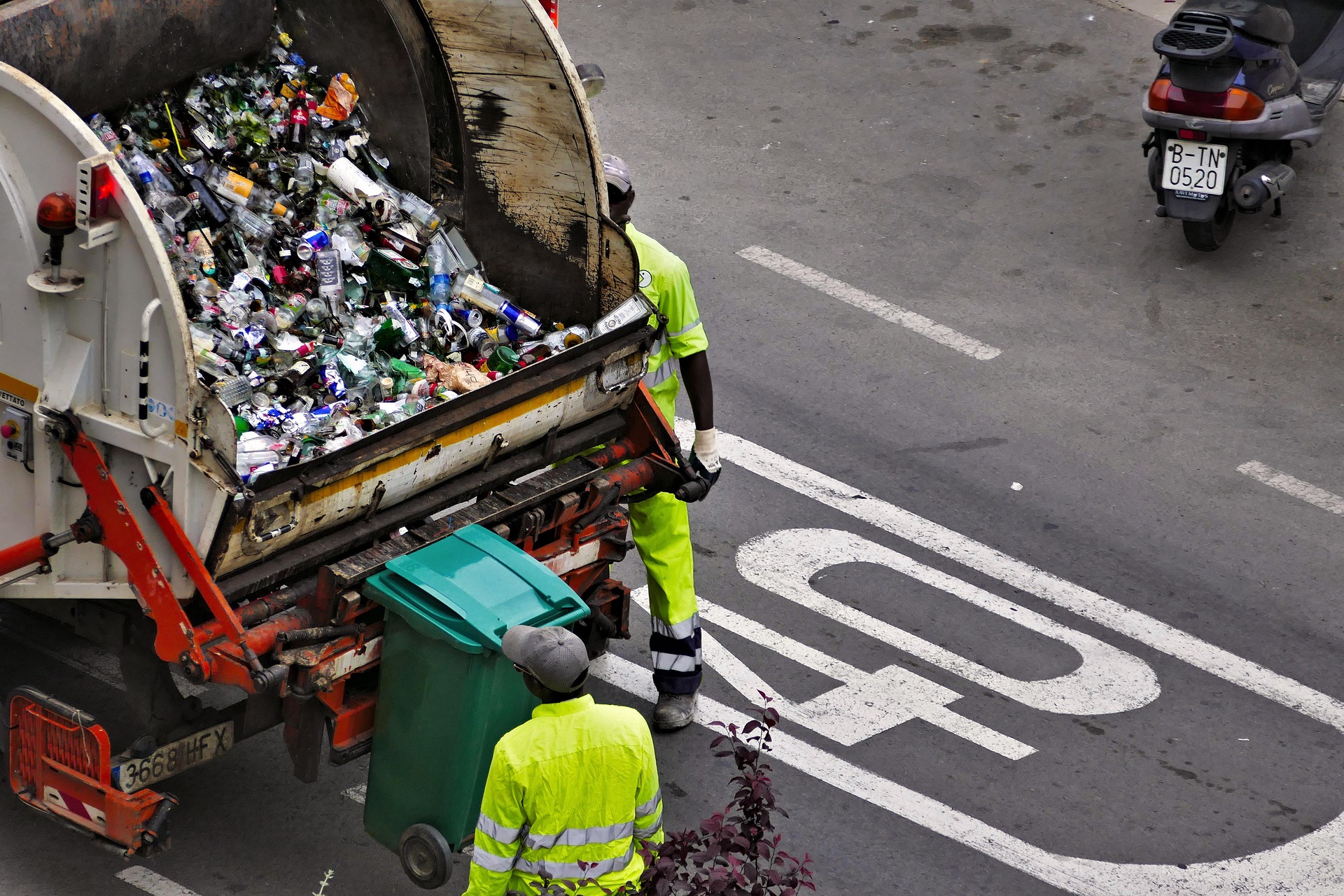With less than two months to go, the UK Government’s initiative to streamline recycling in England is set to be implemented. Designed to minimise confusion, boost recycling rates, and enhance sustainability efforts, the new policy will introduce a more uniform approach to waste management across the country.
The Simpler Recycling in England policy establishes a standardised system for both households and businesses, making recycling more accessible. By ensuring a consistent approach, the initiative aims to reduce landfill waste, cut incineration levels, and lower CO₂ emissions.
From 31st March 2025, all local councils will be required to collect the same core recyclable materials—glass, paper, cardboard, metal, plastic, and food waste—helping individuals contribute more easily to national environmental goals. Businesses, too, must align their waste management practices with these new standardised guidelines to ensure recyclable materials are properly processed.
To comply with the updated regulations, businesses will need to separate waste into four distinct streams:
● Food Waste
● Paper & Card
● Mixed Recyclables (Plastics, Metals, Glass)
● Non-Recyclables / General Waste
In addition to improving recycling consistency, the policy encourages businesses to innovate by adopting more sustainable waste management strategies, particularly in packaging design. The move towards a circular economy presents an opportunity for businesses to rethink their product designs, reduce waste, and align with consumer expectations for environmentally responsible practices.
Failing to meet the new requirements could result in financial penalties, increased operational costs, and inefficiencies in waste management. Moreover, businesses that do not demonstrate environmental responsibility may lose credibility in an increasingly eco-conscious market, where consumers favour companies with strong sustainability commitments. By embracing these regulations, businesses can not only ensure compliance but also strengthen their position as sustainability leaders.
Max Dormer, Managing Director of Unisan, said: “This plan is a big step forward for recycling in England. For businesses, it’s about more than just following the rules – it’s a chance to innovate and lead the way in sustainability. Businesses that act now will not only save money but also build trust with eco-conscious customers. Ignoring these changes could mean falling behind in a market that’s moving towards sustainability.
“Businesses that fail to follow the new rules could face fines, higher costs due to poor waste management, and a loss of trust from customers who care about sustainability. With consumers increasingly focused on environmental responsibility, businesses that don’t act may struggle to keep up.”
This policy plays a key role in the UK’s broader commitment to achieving net-zero emissions by 2050.
For further details, visit https://www.unisanuk.com/.






